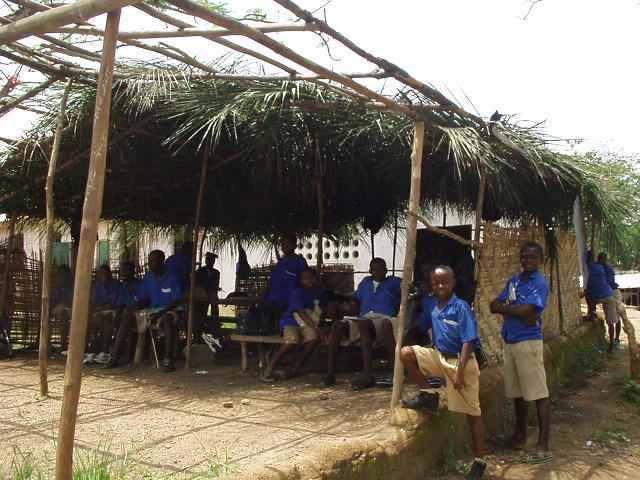Support to the Education Sector in Two Camps in Zambia

February 27, 2009
REI will provide three months interim funding to address a shortfall in educational provision for Congolese children in the Kala and Mwange Refugee Camps. This will specifically target the education needs of disabled children, provide educational materials and improve sanitation.
Kala and Mwange Refugee Camps were established in August 2000 and March 1999 respectively, to host refugees who had fled fierce fighting the Democratic Republic of Congo (DRC), after the war broke out in 1998. Although refugees are currently returning to DRC under assisted voluntary repatriation, some have opted to stay for the next couple of years and repatriate later, so continued support is necessary in the camps.
World Vision Zambia (WVZ), as an implementing partner of UNHCR, is providing formal and non-formal education to refugees in both Kala and Mwange camps. All education programmes are implemented in line with the Congolese curriculum, so that the refugees can be re-integrated into the DRC educational system without adjustment challenges when they return their home.
Due to financial crises, the UNHCR budgets for a number of essential services have been cut back, including the budget for, education materials, sanitation facilities and children with disabilities. The budget for teachers’ wages has also been cut and technically there is no one to teach the refugee children. While some of the teachers have volunteered to continue teaching, they are doing so for reduced hours in order to spare time for their livelihoods.
Classes for the children with disabilities will provide training in practical skills such as tailoring, shoe repair, bicycle repair, baking and gardening to build their independence.
This project will bridge the gap created by UNHCR budget reduction in four areas, providing:
- Capacity building workshops for 40 teachers
- Special skills classes for 38 children with disabilities
- General educational supplies for 7,595 students and 158 school staff
- School latrines for preschool and primary school 3,966 children
Results
Educational support for refugees in Kala and Mwange camps proved to be very productive. A total of 7,335 students received educational materials that increased their likelihood of remaining in school. Although the supply distribution target was originally was 7,595 some students were able to return to their homes in the DRC.
40 teachers were able to attend two types of training workshops. A general workshop was held every month in both camps. This workshop trained teachers in classroom management, teaching methods, children’s rights, production of learning aids and ethics. The other workshop was specifically designed for fourspecial needs teachers.
Due to the success of school material distribution and the teacher-training workshop, the overall quality of education significantly improved. The 12 latrines that were built helped to improve hygiene within the schools reducing the risk of disease. The impact of this project is likely to last. Local Zambian businesses were utilized in the procurement of educational and building materials that boosted the local economy. The Congolese students are now more likely to remain in school which will contribute to a skilled labor force after their repatriation.